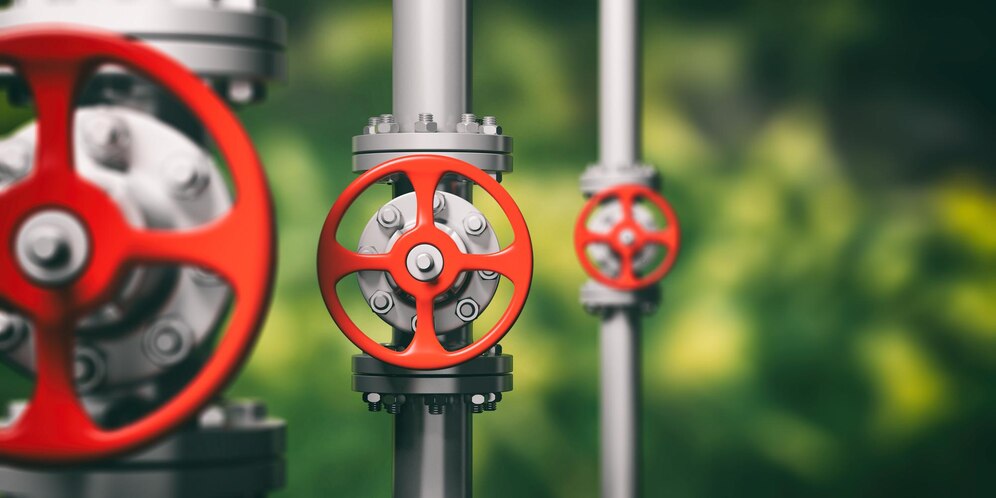Industrial valve manufacturers play a crucial role in ensuring the efficient and reliable operation of gas pipelines. The performance of these pipelines is critical for the safe and continuous transport of natural gas, which fuels industries, and heats homes. To meet these demands, valve manufacturers employ several strategies and technologies to guarantee that their products deliver consistent performance.
High-Quality Materials
One of the primary factors influencing valve performance is the quality of materials used. Gas pipelines operate under high pressure and varying temperatures, necessitating valves that can withstand these conditions without degrading. Manufacturers use robust materials such as stainless steel, carbon steel, and alloys that resist corrosion, erosion, and temperature fluctuations. These materials ensure that the valves can handle the rigorous conditions of gas pipelines over an extended period.
Precision Engineering
Industrial valves must be engineered to precise specifications to ensure optimal performance. Valve manufacturers use advanced computer-aided design CAD and finite element analysis FEA to model and test valve components under simulated operating conditions. This precision engineering helps in identifying potential issues and optimizing designs before production. By adhering to stringent tolerances, industrial valve manufacturers ensure that valves function correctly and consistently, reducing the risk of leaks or failures.
Rigorous Testing and Quality Control
Before valves are deployed in gas pipelines, they undergo extensive testing to ensure they meet performance and safety standards. Dombor industrial valve manufacturers conduct various tests, including pressure tests, leak tests, and performance tests, to evaluate the valves’ functionality. These tests simulate real-world conditions and identify any weaknesses in the valve design or construction. Quality control processes also include inspections at different stages of production to ensure that each valve meets the required specifications.

Compliance with Standards and Regulations
Compliance with industry standards and regulations is essential for valve manufacturers. Organizations such as the American Society of Mechanical Engineers ASME and the International Organization for Standardization ISO set standards for valve performance, safety, and reliability. Manufacturers must adhere to these standards to ensure that their products are safe and effective for use in gas pipelines. Certification and regular audits by independent bodies help maintain compliance and build trust in the manufacturer’s products.
Advanced Manufacturing Techniques
Modern manufacturing techniques contribute significantly to the consistency of valve performance. Techniques such as precision casting, machining, and welding ensure that valve components are produced with high accuracy. Additionally, advanced manufacturing technologies like additive manufacturing 3D printing are being explored to create complex valve designs with enhanced performance characteristics. These innovations help in producing valves that meet the exacting demands of gas pipeline applications.
Reliable Support and Maintenance
Finally, consistent valve performance is supported by reliable after-sales service and maintenance. The industrial valve manufacturers often provide technical support and maintenance services to address any issues that arise during the valve’s operational life. Regular maintenance ensures that valves continue to operate effectively and helps in identifying potential problems before they escalate.
Industrial valve manufacturers play a vital role in ensuring the consistent performance of gas pipelines through the use of high-quality materials, precision engineering, rigorous testing, and compliance with standards, advanced manufacturing techniques, ongoing R&D, and reliable support. These efforts collectively contribute to the safe and efficient transportation of natural gas, underscoring the importance of robust valve design and manufacturing in the energy sector.